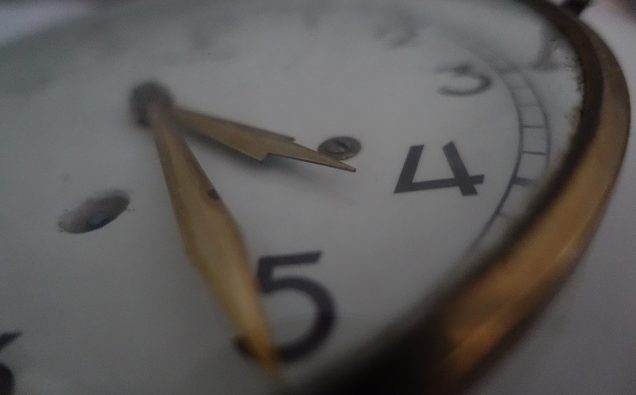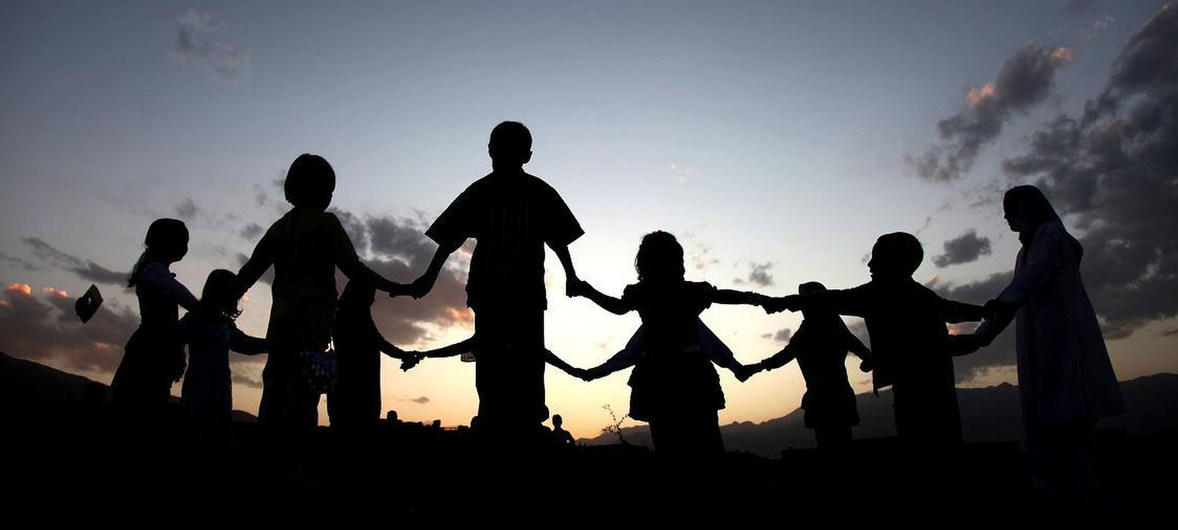
Closed doors of coronavirus have inadvertently opened doors to random TV viewing. One such recent program was the telecast of a stage play, “Drawing the Line,” shown at London’s Hampstead Theatre. It focused on 1947 demarcation of Partition boundaries between India and Pakistan.
After WWII, Britain’s exchequer was depleted; England was running out of cash and, hence, keen to hurriedly unload India. The Labour Government of Prime Minister Clement Attlee picked Cyril Radcliffe to do the needful. Britain was unprepared and Cyril Radcliffe ill-equipped. He had little sense of India or of cartography.
Exacerbating the mess was the Viceroy of India, Lord Mountbatten, who had been previously termed “Master of Disaster.” He was pomp and style, unmatched by substance. Complicating the matter was his wife, Edwina, being a paramour of Congress leader Pandit Jawaharlal Nehru.
In the play, it is insinuated that the British tried to understand India “to learn to screw it better.” And “in trying to make new reality out of old” they left “scar tissue.” That scar tissue was Kashmir, which was then 77 % Muslim. Yet, a referendum was not held there, flouting the principle of Partition, under which Muslim majority areas would go to Pakistan and Hindu majority areas to India.
The play clearly depicts that, despite Mountbatten maintaining a façade of impartiality, the process was suborned and over-compromised because of the intervention of the Edwina-Nehru nexus. The resultant Nehru-Mountbatten collusion was tantamount to perfidy.
India got Kashmir, and Ferozepur, which was earmarked for Pakistan, was subject under Mountbatten’s pressure to a U-turn, eventually landing in the lap of India. The emphasis was to “keep the outward show … outward surface of fairness.” It predictably led to a bloody aftermath whose consequences continue to unfold to date.
In the play, there was reference to a Walter Blake quote: “Draw your cart over the bones of the dead.” Embedded, too, was the point “whether it’s destruction in the name of totalitarianism, or democracy, what difference does it make to the masses?” Decolonizing the Subcontinent wasn’t simple.
On April 19, “Showtime” unveiled a documentary chronicling America’s longest war in Afghanistan. It showed, in effect, living in a house of lies. A female participant states, “I don’t know how it ends.” It documents “long years of floundering” with “reality not as clean as we want to believe.” US Vice President Dick Cheney talked of “going to the dark side.” This included, but was not limited to, torture, secret detentions, waterboarding, enhanced interrogations, and black sites.
Throughout, generals, reporters, and officials gave rosy pronouncements despite drone attacks sparking “enormous resentments.” Policy makers were saying one thing in public and in private admitting “they did not know what they were doing.” The threshold questions were never adequately asked: “Do we need to need to do this? Is it really that important?” For Afghans, it has been a “never-ending war” despite US “flip-flops.”

Afghan school children hold hands and take advantage of the last few moments of sunlight to finish their game
UN photo by Najeeb Farzad
Consequently, the February 29 “agreement for bringing peace to Afghanistan” may well remain just a signed document. It has been described as “mission fantasy” compounded by falsifying. Washington Post senior correspondent Pamela Constable maintained that Afghans have a “streak of defiance” and are “suspicious of ulterior motives.”
Concomitant to the Afghan documentary was the April 26 episode 12 finale of Showtime’s “Homeland,” which, among other things, depicted US-Pakistan on the verge of a nuclear showdown. Whose vested agenda is such an odious narrative projecting? A task, perhaps, for Pakistan’s somnolent policy elites to identify. Impliedly, it exposes the bankruptcy of sycophancy.
A riveting dimension is how the burgeoning coronavirus crisis is intersecting with US Presidential elections 180 days down the road in November. Quackery, which is particularly plentiful in the Punjab, has now encroached the White House.
For a nation of immigrants to suspend legal immigration assails its very foundations. It remains to be seen whether xenophobic diversions can halt the downward slump. Already, the GOP is betraying signs of being fearful of losing the White House. This is one crisis where it will take some doing to talk one’s way through it. Expect the unexpected.













